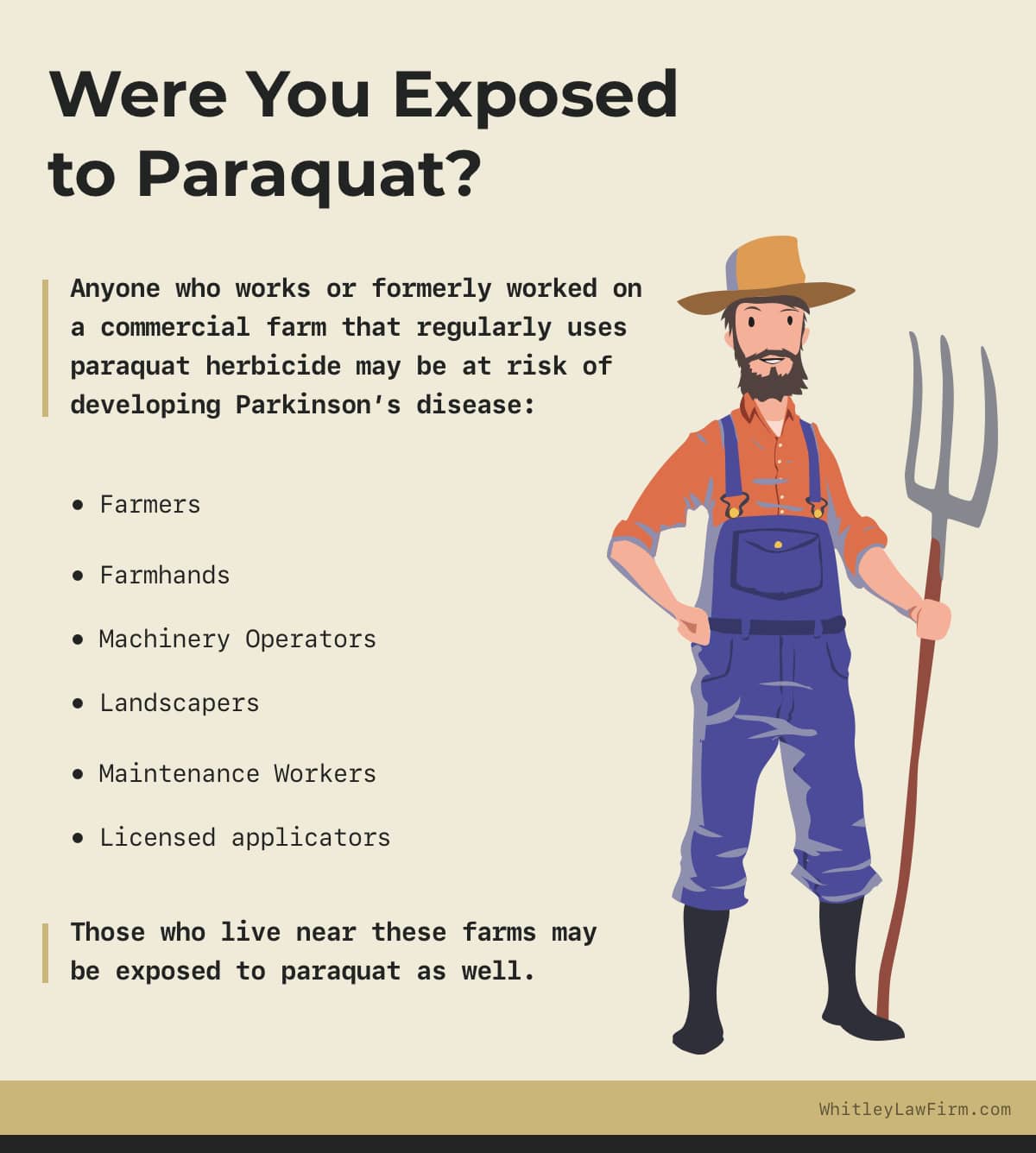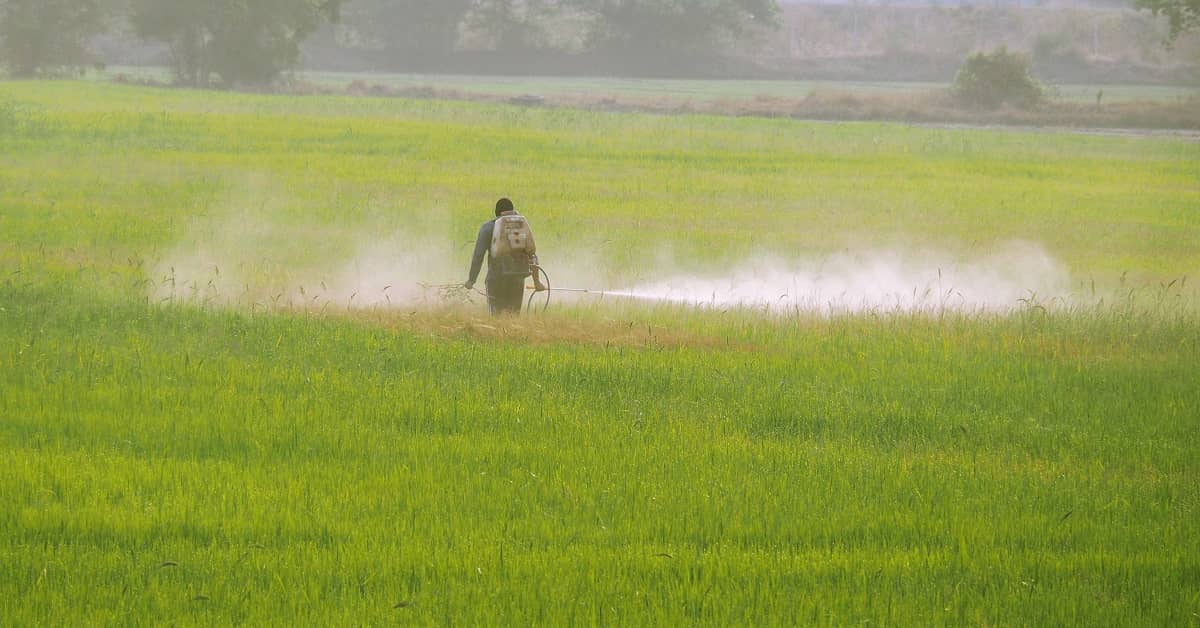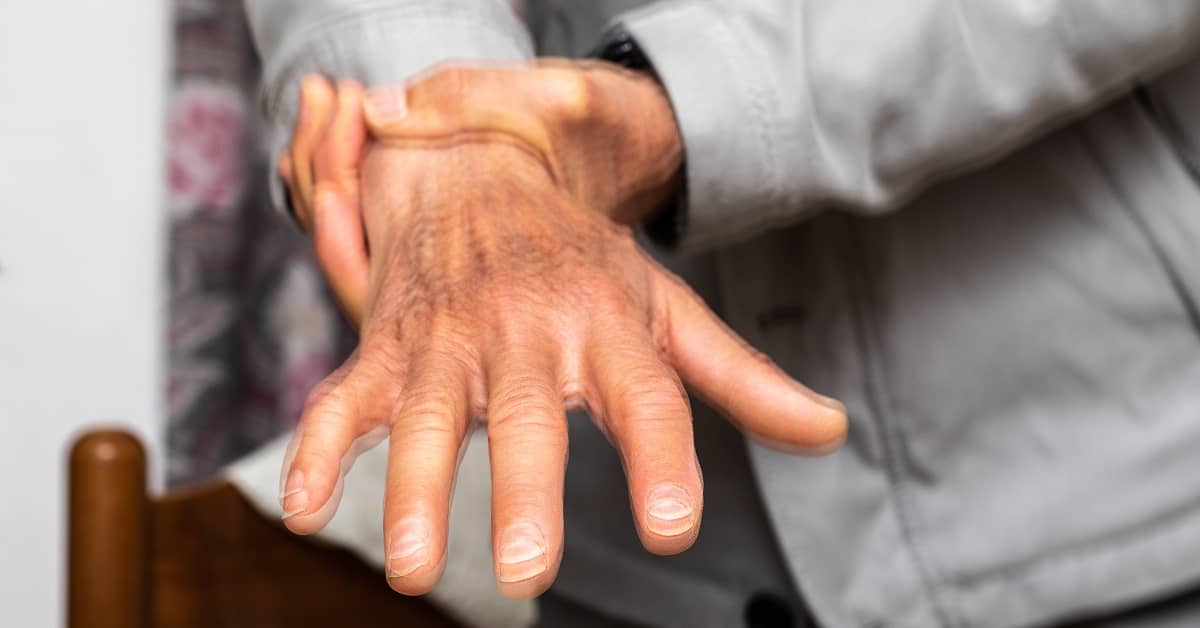- Home
- Raleigh Product Liability Lawyer
- Paraquat Lawsuits
Paraquat Lawsuits
Paraquat is a highly toxic herbicide used to kill weeds and other vegetation. Although the acute effects of paraquat poisoning are well-established, new research shows that even long-term, low-level exposure to paraquat can increase the risk of Parkinson’s disease.
Parkinson’s disease is a progressive neurological disorder characterized by tremors, loss of mobility, and other serious symptoms. There is no cure for Parkinson’s, and the effects of the disease can be debilitating.
The Raleigh paraquat lawyers at Whitley Law Firm are currently investigating cases of paraquat exposure resulting in Parkinson’s disease. Please contact a product liability attorney today to discuss your case: (919) 785-5000. It won’t cost anything to see if we can help.

Who Is At Risk for Parkinson’s Disease from Paraquat?
Paraquat is commonly used in commercial agriculture to kill weeds and other types of vegetation that adversely affect crops. Because paraquat is such a dangerous product, use of the weed killer in the United States is restricted to licensed applicators.
Licensed applicators spray liquid paraquat onto crops. Inhalation of small amounts of airborne particles over a long period of time can lead to accumulation of paraquat toxins in the body. Over time, paraquat exposure can damage neurons, resulting in Parkinson’s disease.
Anyone who works or formerly worked on a commercial farm that regularly uses paraquat herbicide may be at risk of developing Parkinson’s disease. This includes:
- Farmers, farmhands, and other agricultural workers
- Machinery operators
- Landscapers
- Maintenance workers
- Licensed applicators
Those who reside within the vicinity of farms that use paraquat may also be subject to airborne exposure. If you live or formerly lived near a North Carolina farm that regularly applies paraquat herbicide, you may be at risk of Parkinson’s as well.
It can be difficult to determine whether you have been exposed to paraquat as it is sold under many brand names, including:
- Gramoxone® SL 3.0
- Firestorm®
- Willowood
- Gramoxone Inteon®
- Helmquat 3SL
- Parazone® 3SL
- Gramoxone® SL
- Para–Shot 3.0
- Blanco®
- Purgatory™ 3 SL
- Cyclone® Star
- Quik–Quat™
- Tigris™ Paraquat 3SL
- Cyclone™ SL 2.0
- Devour™

What Is the Connection Between Paraquat and Parkinson’s Disease?
Parkinson’s disease occurs when neurons (nerve cells) that produce dopamine are destroyed. Dopamine is a neurotransmitter (chemical messenger) that is essential for mobility, cognition, and other key processes in the brain.
Some people develop Parkinson’s disease as a result of genetic factors. In many other cases, however, toxic exposure is the culprit.
Research shows that inhaled paraquat toxins destroy dopamine-producing neurons in the brain. This can result in the development of Parkinson’s disease later in life, with symptoms potentially not arising until years after exposure.
What Are the Symptoms of Parkinson’s Disease?
Parkinson’s disease develops slowly over time. Symptoms may be minor at first but become more debilitating as the condition progresses.
The severity of Parkinson’s disease is categorized as follows:
Stage One of Parkinson’s Disease
Tremors may be present in the hands, face, jaw, and/or legs. These are generally restricted to one side of the body.
Patients may also experience difficulty walking, as well as unstable posture.
Stage Two of Parkinson’s Disease
Muscles become more rigid. This can result in a variety of movement-related symptoms, including:
- Limitations in facial movements and expression (sometimes called facial masking)
- Muscle cramps
- Involuntary twitching or writhing movements (dyskinesia)
Tremors are also more pronounced, affecting both sides of the body.
Stage Three of Parkinson’s Disease
Mobility becomes more difficult. Patients may walk with a shuffling gait, take short “stutter steps” instead of making full strides, and/or “freeze” while moving. This stage is also characterized by a condition known as bradykinesia, an overall slowness of movement that can affect activities ranging from walking to fine motor skills.
Poor balance combined with changes in walking movements result in an increased risk of falls.
Stage Four of Parkinson’s Disease
At this stage, patients are often unable to live independently. They may be unable to walk without assistance or complete everyday tasks on their own.
Stage Five of Parkinson’s Disease
The most advanced stage leaves many patients confined to their beds. In addition to being physically incapacitated, cognitive difficulties can be present as well. Patients may have difficulty communicating, experience hallucinations, and even experience dementia-like symptoms.
How Can a Paraquat Lawsuit Lawyer Help Me?
The manufacturers of paraquat have known about its health risks for some time. In fact, a 2018 study in ScienceDaily found that people exposed to paraquat have approximately a 250% higher risk of Parkinson’s disease. Over a decade beforehand, the European Union banned paraquat due to its health risks to farm workers.
You should not be stuck footing the bill for your preventable health condition. If you or a loved one was diagnosed with Parkinson’s disease after exposure to paraquat, we may be able to help you hold the manufacturer liable. The product liability lawyers at Whitley Law Firm have dedicated their careers to helping Raleighites and their families recover compensation they deserve. Our team will:
- Investigate your case to determine a link between your exposure to paraquat and your diagnosis. Proving paraquat exposure can be difficult to do, especially for a layperson.
- Help you determine the best route for your case. Depending on your circumstances, you may want to join existing multi-district litigation (MDL). Our team will use its decades of experience handling product liability cases to determine the best plan of action.
- Gather evidence to establish your damages. We will use your medical bills, w2s, paystubs, and testimony to determine a fair value for your damages.
- Negotiate with all involved parties. The manufacturer does not want to give you the compensation you deserve. Our Raleigh paraquat lawyers will negotiate to get what you are owed.
- Support you throughout every step of the legal process. Now is when you need a shoulder to lean on. Our team wants our time together to feel like the warm hug you need.
Am I Entitled to Compensation If I Was Exposed to Paraquat and Developed Parkinson’s?
If you or a loved one developed Parkinson’s disease after being exposed to paraquat, you may be able to file a claim against the manufacturer. Multiple lawsuits have already been filed against paraquat manufacturers, including:
- Syngenta
- Growmark
- Chevron
Attorneys at the Whitley Law Firm can pursue financial compensation on your behalf for all of the losses you and your family have sustained as a result of Parkinson’s disease linked to paraquat exposure. Economic and non-economic damages that may be recovered in your case include:
- Medical expenses (current and future)
- Lost wages
- Loss of earning capacity
- Out-of-pocket expenses, such as walkers, wheelchairs, the cost of travel for medical appointments, home healthcare services, and more
- Pain and suffering
- Emotional distress
- Disability
- Loss of consortium
Being diagnosed with Parkinson’s disease is devastating. Patients and their families can suffer years of physical, emotional, and financial hardship due to the challenges of the condition.
You should not have to face the burdens of Parkinson’s disease alone. It is in your best interest to contact an attorney as soon as possible if you were exposed to paraquat and suffered adverse effects. We will fight for all the financial compensation you are due.

Parkinson’s and Paraquat Lawsuit Updates
- 2007: The European Union banned paraquat due to health risks to farm workers.
- 2011: An AHS study published in Environmental Health Perspectives found a link between paraquat and increased oxidative stress, which can play a role in the development of Parkinson’s disease.
- 2018: A ScienceDaily study linked low-level paraquat exposure and Parkinson’s disease.
- June 2021: Paraquat cases were consolidated into MDL 3004 in the Southern District of Illinois.
- April 21, 2023: Chief Judge Rosenstengel put out a court order requiring that all Daubert and summary judgment motions be filed by June 6, 2023. All responses to these motions must be filed by July 10, 2023. All replies must be filed by July 28, 2023. The summary judgment and Daubert hearing was rescheduled for August 21, 2023.
- May 15, 2023: Chief Judge Rosenstengel put out a court order requiring that the plaintiffs’ attorneys certify specific information about each plaintiff by June 10, 2023. This came after it was discovered that plaintiffs’ attorneys had improperly filed actions on behalf of deceased plaintiffs.
The court order is also requiring the parties to confer and determine whether there are any “pending cases that present theories of proof that are so implausible on their face that good faith demands their voluntary dismissal.” Defendants’ attorneys must file a motion “identifying these cases and seeking appropriate relief” by June 20, 2023.
- As of June 6, 2023: The first bellwether case has been scheduled for MDL 3004. It will take place in October 2023. The bellwether case has been pushed back several times since 2022.
Get the Whitley Advantage in Your Paraquat Claim
Attorneys at the Whitley Law Firm are distinguished by more than 80 years of combined experience representing injured people in North Carolina. We care deeply about our clients and work hard on their behalf to pursue the best possible outcome in each case.
Product liability is a complex area of law. Not every law firm has the experience, resources, and knowledge to represent consumers effectively when they have been injured by a defective product. The Whitley Law Firm has the ability and the willingness to take on large companies to get the compensation our clients deserve.
If you or a loved one suffered paraquat exposure and was later diagnosed with Parkinson’s disease, call the Whitley Law Firm at (919) 785-5000 today for service in Raleigh or elsewhere in North Carolina. It won’t cost anything to see if we can help.


